Manager Accelerator Program



Course Outline and Pre-Work







Congratulations on attending the Manager Accelerator Program. This experience was designed for professionals and leaders like you to provide greater exposure to key leadership skills and competencies with consideration of the challenges of leading in a complex and dynamic environment. This program outline brochure will provide you with information about what you can expect during the program including course objectives, learning outcomes, and pre-module work requirements.

vILT stands for Virtual Instructor Led Training – a highly interactive and participative learning event.

This is not eLearning nor a Webinar, but a very engaging and active development process. Therefore, come to the sessions prepared to be involved in open discussions, work in breakout groups, do presentations, argue and debate with your cohort colleagues, be called on by name to contribute and, most importantly, learn something new and have some fun!
All virtual modules take place using Zoom. The link to each session is in your calendar invitations.
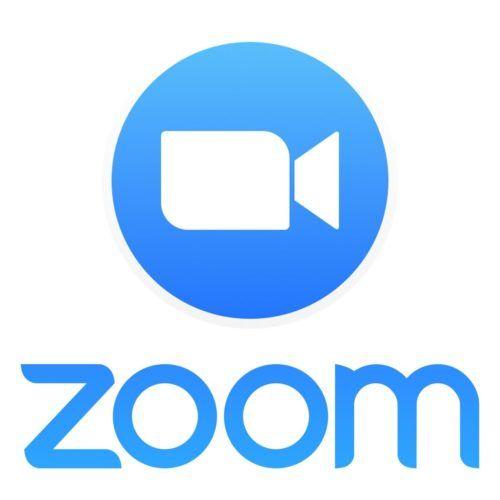
● Find a quiet and comfortable space without interruptions or background noise and with a good internet connection
● Make sure you have a working microphone and speakers (or headset), and webcam
● Take opportunities offered to network and engage with other participants

● Be ready to engage and respond openly to facilitators
● Log off from your emails and check your mobile is on silent
● Grab yourself a tea or coffee and enjoy the modules!
You have access to Starfish’s Digital Commons that contains all pre work, job-aids, supplemental videos, podcasts, plus additional articles and resources relevant to the topics being studied.
Most importantly, being a commons, you are encouraged to send further resources (that you find interesting and relevant) to the facilitator for review and upload to the site, thereby creating a community feel to the Digital Commons.

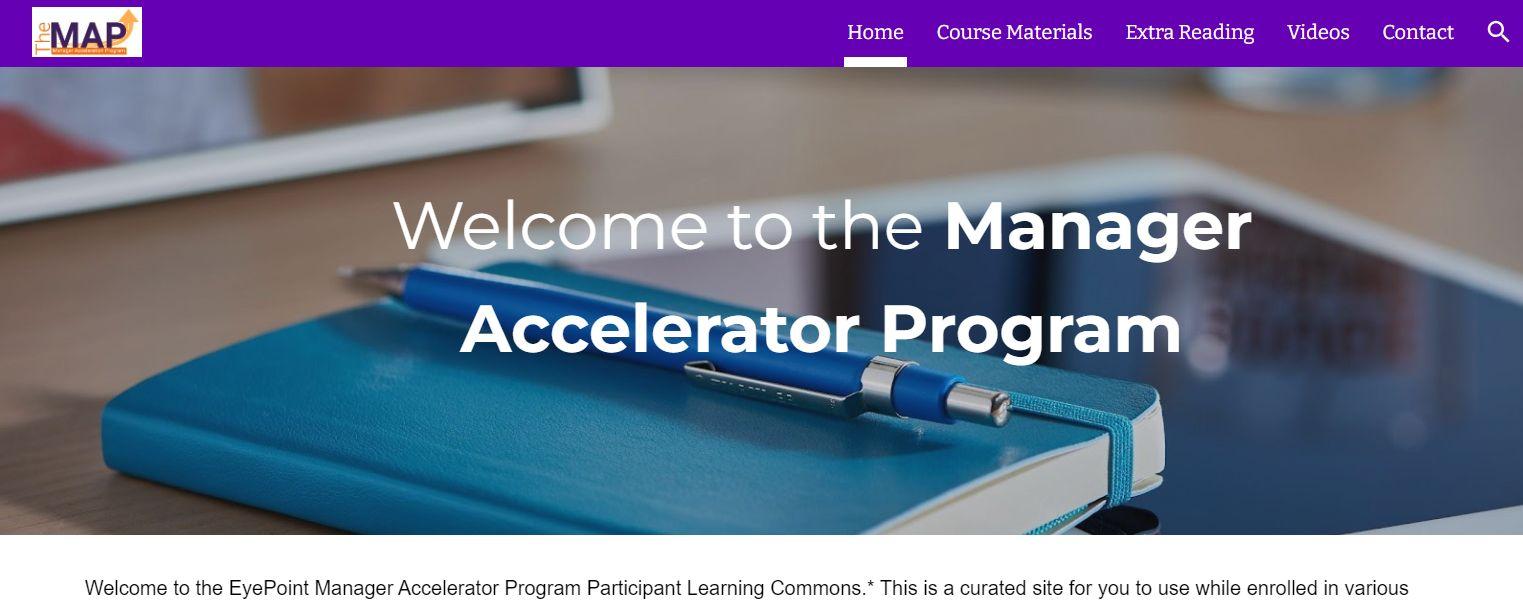


In order to embed the learning and apply the concepts covered, after each module you will be given a practical, applicable, and relevant action learning assignment that takes place post-session. These application assignments are tailored to your everyday activities so should not be viewed as ‘extra work’. Application assignments are a continuation of the learning experience that includes a problem, an action, and built-in reflection. Assignments include case study analysis, simulations, and/or peer problem solving. Reflection questions include:
● What was my approach to solving this problem?
● What could I have done differently?
● What did I learn?
The final part of the application assignment is to learn from colleagues and team members through interaction on the Digital Commons discussion forum. This provides a way for you to learn how your cohort colleagues approached the assignment and how they solved the issues presented. Application assignments are not treated as a separate section of a learning program, but rather integrated with reflection opportunities so as to continue the learning past the formal synchronous activity.
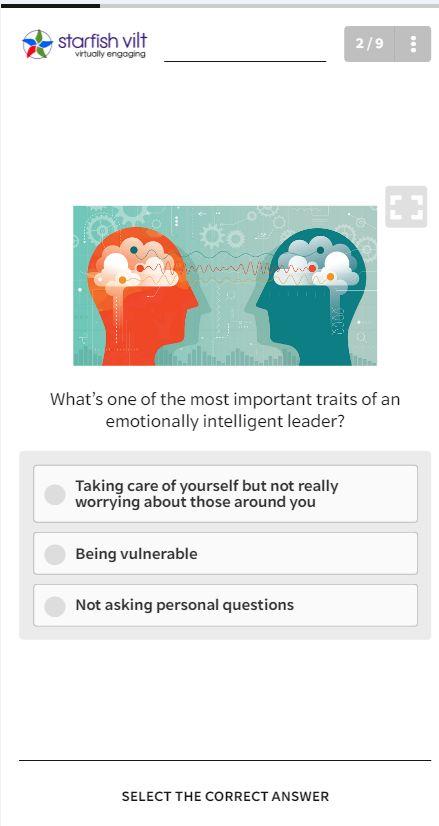


Following each module, you will be provided access to relevant microlearning courses, which you can complete on a laptop, tablet, or cellphone. The microlearning offers three-to-five-minute engagements that refreshes your memory of the content covered during the module, motivates thinking around real-time application of the learning, and provides suggestions for further resources to deepen participants’ understanding of the topic.
Microlearning courses are highly interactive including quizzes, mix-and-match activities, free-form text entry, videos, and gamification to make each session fun and engaging.












∙ Please take 15-minutes to complete the Extended DiSC Assessment
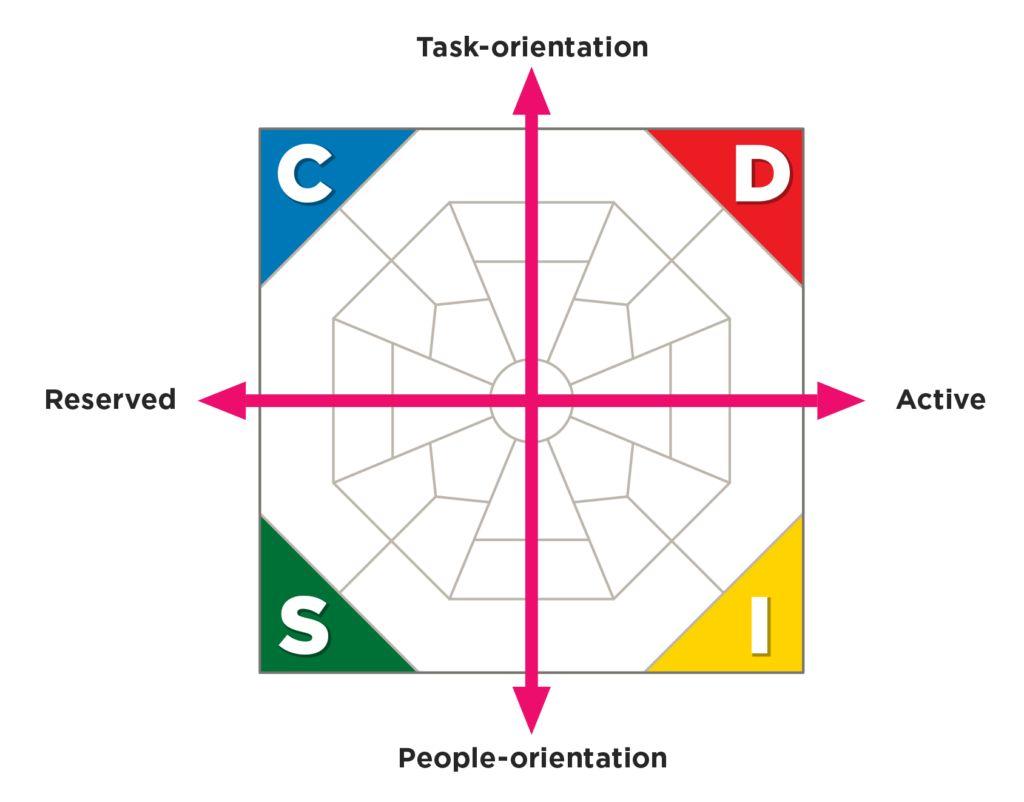
∙ Deadline for assessment completion:

October 5, 2023
∙ Access Assessment: https://www.finxs.com

∙ Access Code: ENG-MAP1
∙ Once complete, the assessment will be emailed to you.
∙
During this module, you will explore why it is important to communicate with clarity including understanding the importance of clear communication, identifying common communication barriers, using effective communication strategies, and improving active listening skills. In addition you will examine the nature of nonverbal communication (email) and how to make sure that message are understood and actioned correctly.
∙ Understand the importance of clear communication in personal and professional settings.

∙ Identify common communication barriers and learn strategies for overcoming them.
∙ Practice delivering clear and concise messages in various communication scenarios,


∙ Learn practical techniques for improving communication skills and apply them in personal and professional settings.
∙ Build confidence in communicating ideas, thoughts, and messages with clarity and effectiveness.
Prioritization is essential for performance in roles with a significant focus on decision making or workplace autonomy. Differentiating between urgent and important tasks are key to being productive: by existing in quadrant II (important but not urgent) prevents everything landing up in quadrant I (important AND urgent), which simply leads to endless crisis mitigation, firefights, and problem solving. This module explores the role of decision making in prioritization and helps you exist in quadrant II while helping those around you prioritize for the benefit of self, team and organization.

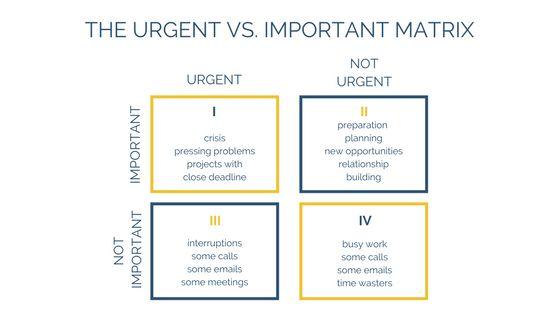
∙ Explore what a leader or individual contributor needs to prioritize
∙ Examine how one can use the team to be productive
∙ Explore prioritization decisions that need to be made and how to make those decisions
∙ Understand the different decision-making styles and options

Delegating is an essential management and leadership skill that involves assigning tasks and responsibilities to other people within an organization. Delegating is important because it allows managers and leaders to prioritize their time, develop the skills of their team members, increase productivity, make better decisions, and build a stronger sense of teamwork within the organization.
∙

Examine who to delegate to
∙ Explore the definition of delegation
∙ Learn the four phases of delegation
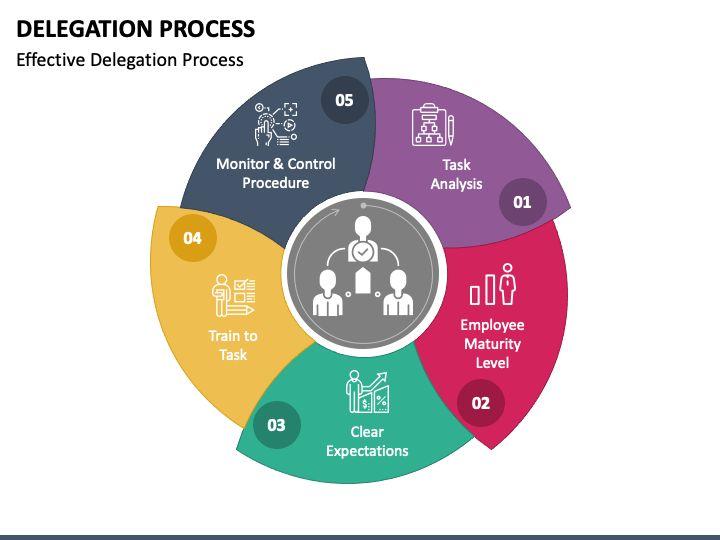
∙ Understand the role a delegation conversation has in the process

80% of people who receive coaching report increased self-confidence, and over 70% benefit from improved work performance, relationships, and more effective communication skills. This module provides the core skills needed in order to realize the benefits of developing a coaching culture within a team.

Objectives:
● Learn what coaching is
● Understand how coaching differs from other forms of development
● Define who should and should not be coached
● Explore the key skills of coaching: questioning, listening, following a reliable process

● Learn how to hold a coaching conversation using the GROW model
● Practice 1-on-1 coaching

If you’re a leader, your value to your team is directly related to your ability to bring out the best in your team members. Your ability to give (and receive feedback) in a way that people can hear, understand, and use plays a central role in your capacity to optimize employee performance. Therefore, the better you are at this skill, the more valuable you are to your team.

∙ Examine what feedback is and what it is not
∙ Understand what the different types of feedback are

∙ Explore barriers to receiving and providing feedback
∙ Learn how to use a feedback conversation framework
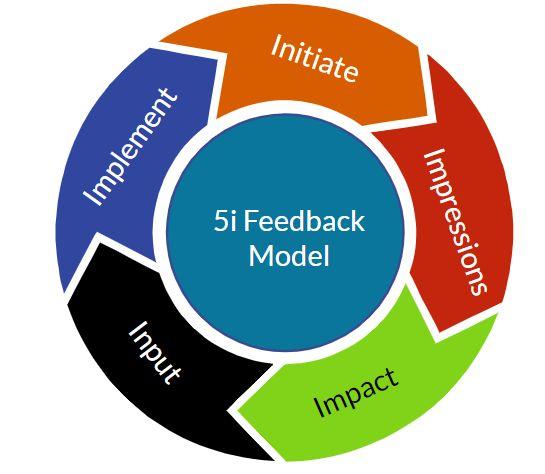
Without conflict, teams and organizations do not grow. However, conflict should be viewed as a pragmatic development opportunity and not a destructive interaction to be avoided. Learning the difference between affective (individual) and cognitive (issue) based conflict, this module provides the chance to analyze your own conflict handling style, understand why conflict happens, explore the five stages of conflict, and illuminate the skills required to defuse affective conflict by exploring the ‘amygdala hijack’ and deploying the ‘I statement’ philosophy.
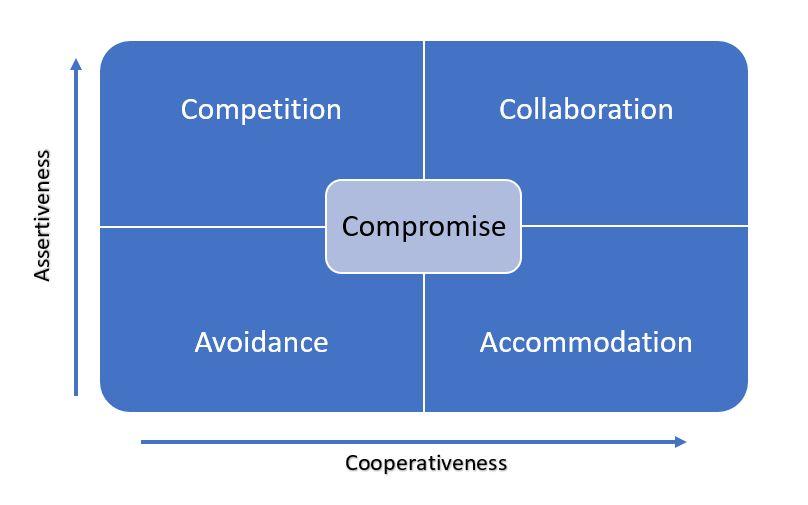

∙ Learn what conflict is and different types of conflict
∙ Explore your emotional response to conflict
∙ Learn about the levels of conflict

∙ Differentiate between fight, flight, and flow states
∙ Master the use of "I" statements in resolve conflict situations
Not only is change inevitable in business, it is necessary. Without change, organizations suffer from a lack of innovation and often lag behind the curve of growth and product/service development. However, for many, change is difficult and disruptive, not only due to the nature of the change itself but also because of the extreme pace of change and the juxtaposition of change initiatives. This module explores the emotional roller-coaster that people travel along during transformational change while providing best practice ideas of how to help others embrace change and lead change initiatives so as to avoid change fatigue.
∙ Identify typical reactions to change and the change strategies that have worked in the past


∙ Understand why change fails and explore how to avoid change fatigue
∙ Develop strategies for recognizing blocks to change and practicing change-supportive leadership behaviors
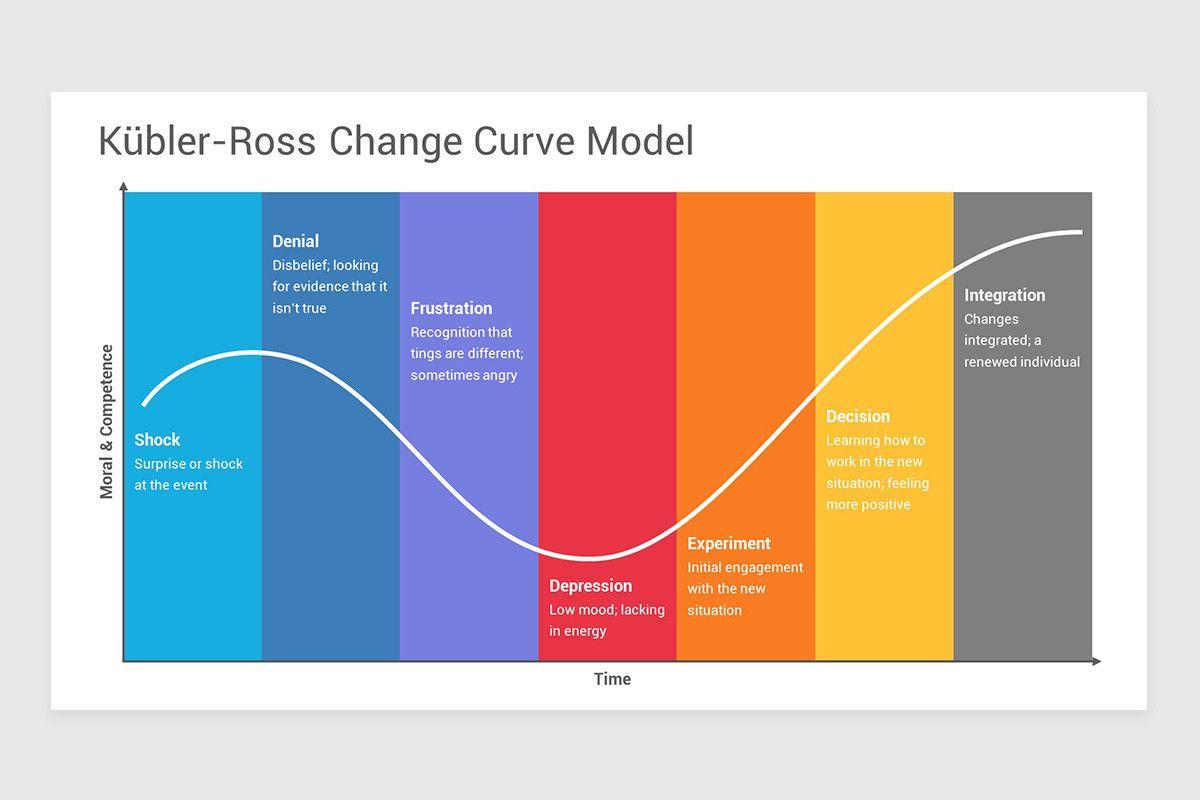

Present the learning and experiences from your learning journey covering the previous 5-months in a compelling, thoughtful and comprehensive way. This presentation acts as a capstone event for the whole program..
Pecha Kucha is a simple presentation format where 20 slides are shown, each for 20 seconds, (total 6 min 40 sec). The slides advance automatically while the presenter talks to each slide
Pecha Kucha presentations utilizes imagery and efficient use of spoken word to create a seamless, memorable, meaningful and concise presentation


You will present your Pecha Kucha presentations to the whole cohort with the addition of senior leadership and other interested internal stakeholders from EyePoint
For any questions, please contact the facilitator Liam Abramson labramson@starfishvilt.com
